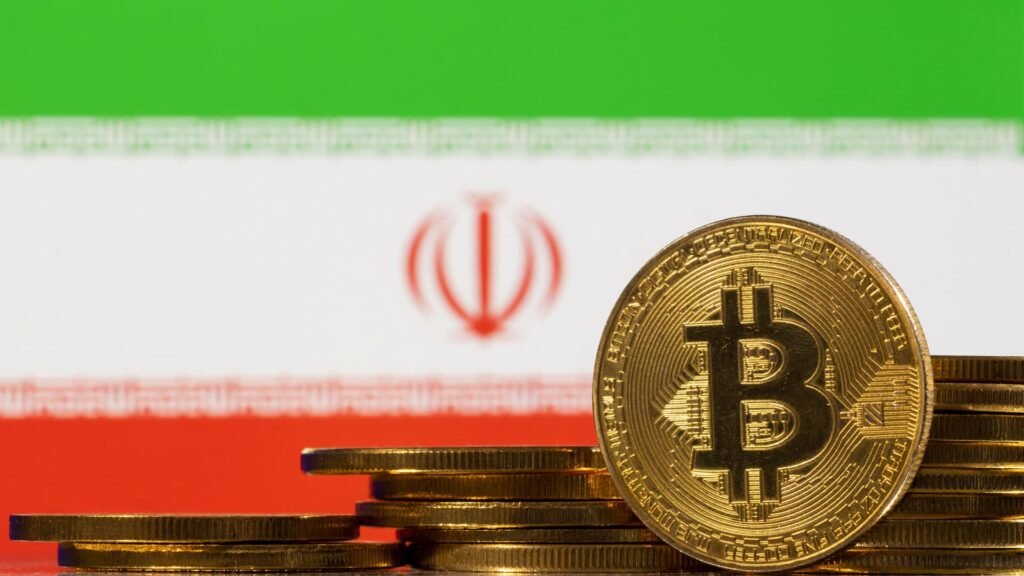Cryptocurrency values, including bitcoin, saw increases on Tuesday after President Trump declared a truce between Iran and Israel.
By midday on Tuesday, bitcoin had surpassed the $105,000 mark, ether was back over $2,400, and XRP rose to $2.19.
The market’s risk-on behavior, which also contributed to gains in the stock market due to the Middle East’s easing tensions, wasn’t the sole catalyst; Republican senators also introduced a significant bill outlining the framework for cryptocurrency. This legislation would clarify the distinction between commodities and securities in crypto, permit exchanges to register with the Commodity Futures Trading Commission, and lessen the Securities and Exchange Commission’s oversight of digital assets, marking a substantial shift from President Biden’s SEC Chair Gary Gensler’s plans for stricter regulations in the crypto sector.
The proposed legislation was presented by Senate Banking Committee Chairman Tim Scott from South Carolina and Senator Cynthia Lummis from Wyoming, who leads the Digital Assets Committee. Robinhood CEO Vlad Tenev mentioned on CNBC’s “Squawk Box” that this regulatory change is crucial for the U.S. to regain its competitive edge in the crypto market, which he believes has fallen behind Europe and others.
Recently, the Senate passed a stablecoin bill, representing a significant legislative achievement for the crypto sector, which is now heading to the House for its consideration. Although both bills restrict yield-generating consumer stablecoins, they differ in terms of regulatory oversight by agencies. Visa CEO Ryan McInerney commented on the Senate bill’s progress, the Genius Act, on CNBC’s “Squawk on the Street,” emphasizing that Visa has been supporting the development of stablecoins.
In another development, investors ramped up their investments in Digital Asset, which secured $135 million in funding from major banking and finance entities, including Goldman Sachs, BNP Paribas, and Citadel Securities, the hedge fund run by billionaire Ken Griffin. The firm, positioning itself as a regulated crypto entity, stated that it plans to use the funding to promote the adoption of its Canton network, a blockchain designed for financial institutions, further indicating how traditional financial organizations are integrating into the previously niche crypto sector.


